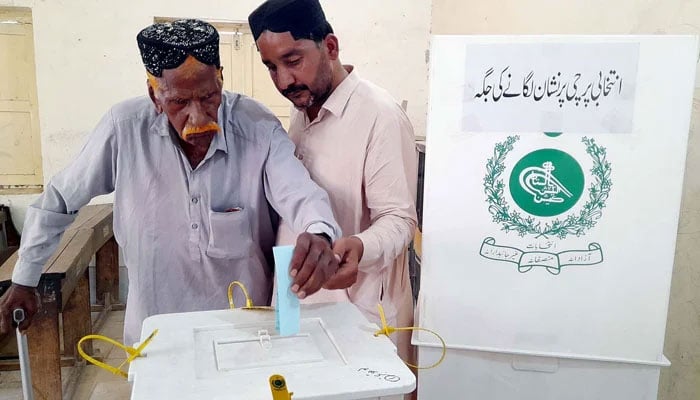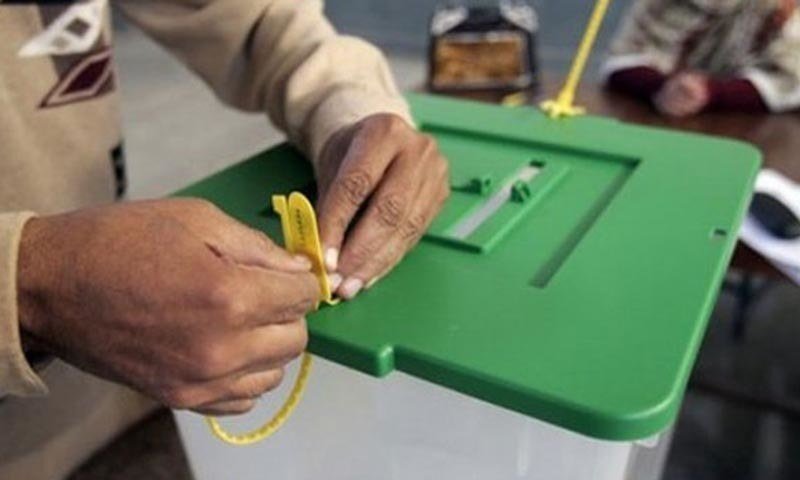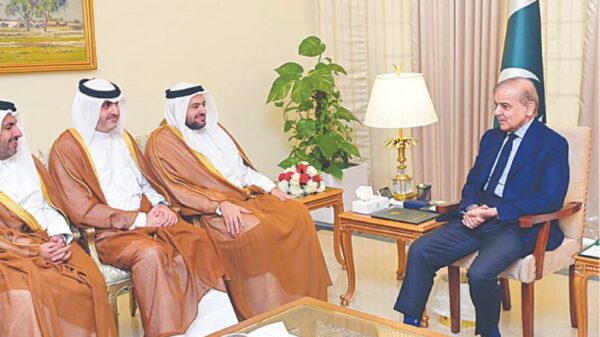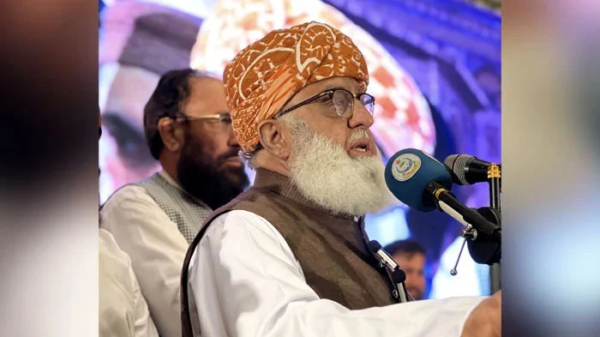The third phase of general elections commenced on Sunday, allowing candidates to file appeals against the decisions of returning officers (ROs) who accepted or rejected the nomination papers of contesting candidates.
The Pakistan Tehreek-e-Insaf (PTI) faces a setback as the nomination papers of its top leaders failed scrutiny, prompting expectations that the party will appeal the rejections on what they consider “flimsy grounds.”

Candidates whose nomination papers were rejected have until January 3 to file appeals, and the Election Commission of Pakistan’s (ECP) appellate tribunals will decide on them by January 10. Subsequently, the revised list of candidates will be published on January 11, with electoral symbols allotted on January 13.
Out of 24 judges, nine will serve as tribunals in Punjab, six in Sindh, five in Khyber Pakhtunkhwa, and two each in Balochistan and the federal capital.
Under Section 63, any candidate or objector can file an appeal against the decision of the returning officer regarding the acceptance or rejection of a nomination paper. The appellate tribunal is mandated to make a summary decision within the specified time, and any order passed is considered final.
In the recently concluded second phase of elections, the ECP rejected the nomination papers of several political figures, notably from the PTI, including former Prime Minister Imran Khan and ex-Foreign Minister Shah Mahmood Qureshi.
Conversely, the nomination papers of PML-N’s Nawaz Sharif and other leaders were approved in various constituencies.
Imran Khan’s and Shah Mahmood Qureshi’s appeals were rejected, leading to a significant setback for the PTI. Meanwhile, PML-N’s Ayaz Sadiq, Shehbaz Sharif, and others had their nomination papers approved in different constituencies.
The political landscape continues to evolve as the electoral process progresses, with parties and candidates navigating the complex scrutiny and appeal procedures.
I am an accomplished graduate of Strategic Studies, driven by a fervent dedication to comprehending global affairs and devising impactful strategies. Equipped with a comprehensive skill set encompassing research, critical thinking, and persuasive communication, I possess a distinctive viewpoint and an unwavering commitment to fostering inclusive decision-making processes. As a versatile individual, I excel in collaborating with diverse groups in various settings, leveraging my strong interpersonal abilities to adapt seamlessly to new environments and surmount any challenges that arise. With a passion for contributing to strategic initiatives, I am eager to leverage my expertise and drive to effect positive change within the field.










